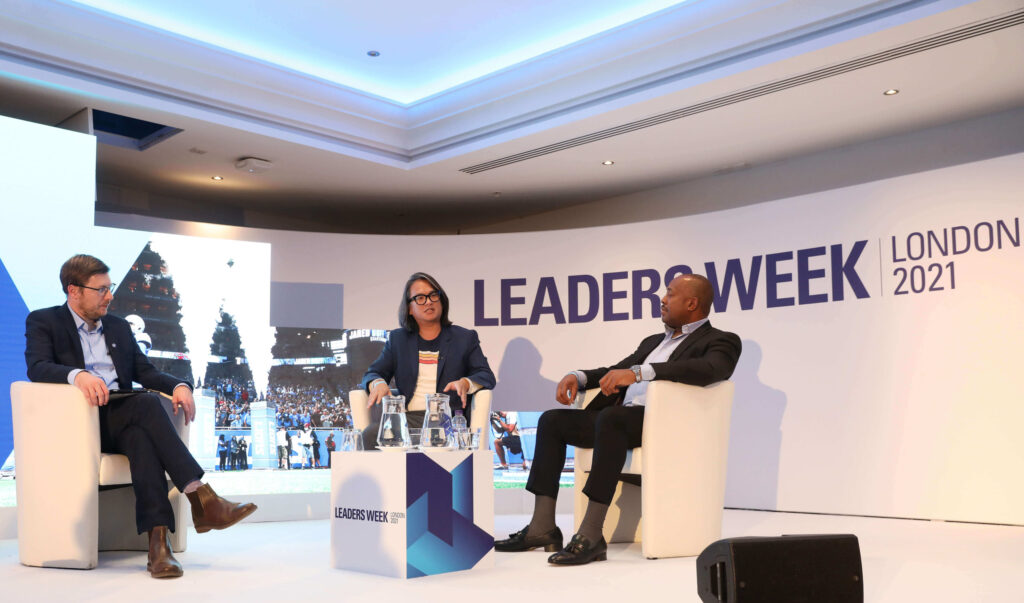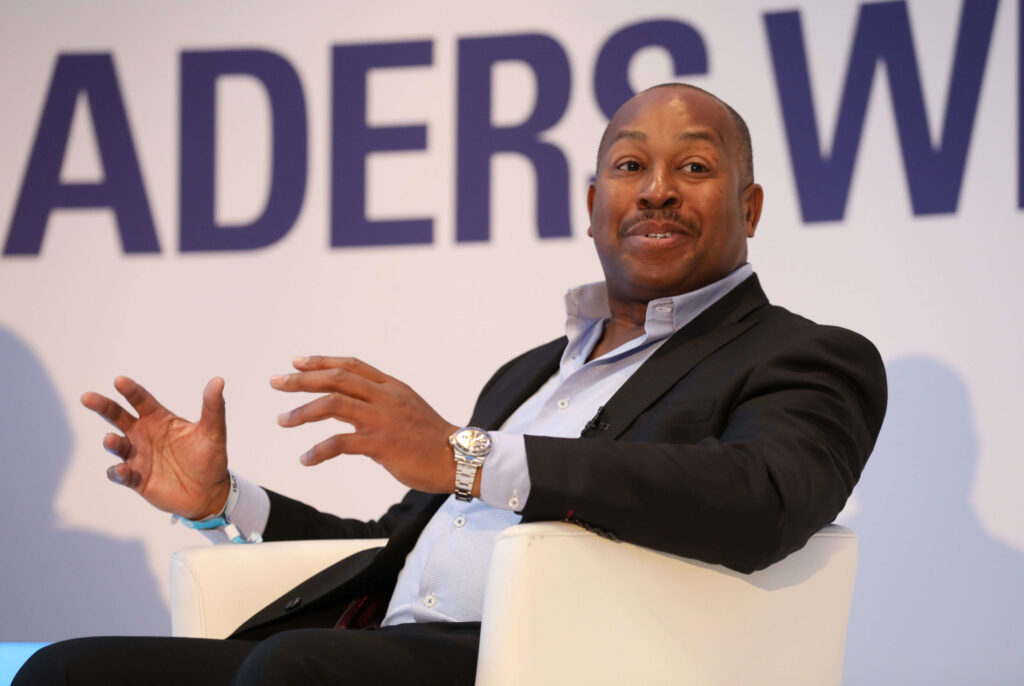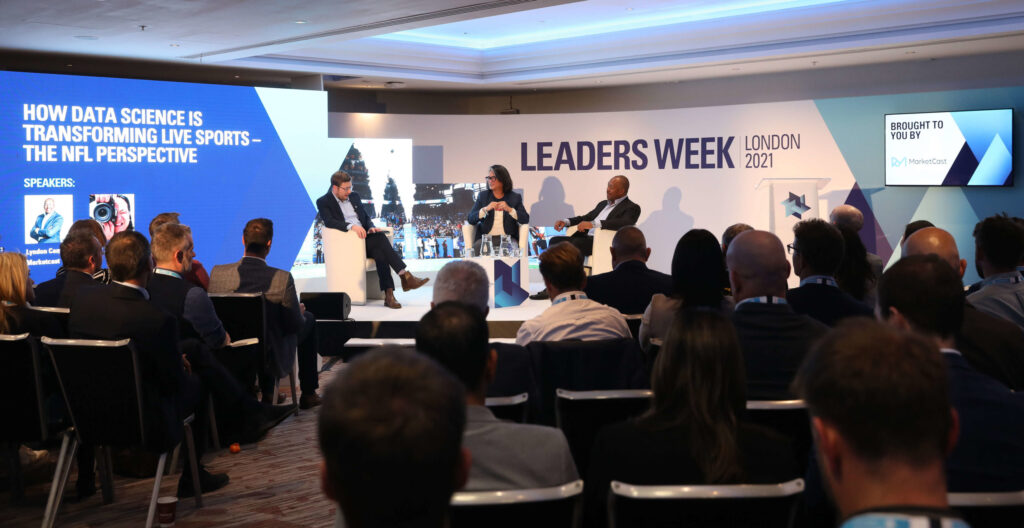It’s been a few weeks since MarketCast jump-started its conference participation after what seemed like eternity – it’s good to be back! Over in the UK, we partnered with Leaders Week London to host a session with the NFL focusing on how data science is transforming every angle of sports. On-stage were Bobby Yang, VP of Enterprise and Data Science for the NFL, Lyndon Campbell, MarketCast’s Corp. SVP, General Manager of Sports and Brands, and David Cushnan, Head of Content for Leaders Sports. Here’s what we learned:

1) The application of traditional datasets continues to evolve.
The use of data for sports isn’t new, it’s been happening for years. But, the NFL’s Yang believes sports leagues are just beginning to grasp the full potential of big data for driving improvements in gameplay, audience engagement, player safety, and revenue opportunities.
“Previously, the sports world would only consider text and numbers as data in a tabular structure,” said Yang. “But now, we’re also working with datasets that are aligned with video, images, and audio in digital formats. This has brought about much change in how the league and teams are able to operate internally from a technological perspective, as well as engage with their fans.”
According to Yang, the NFL has used sports motion tracking system for many years. It’s a technological transformation that is relatively undetectable for fans, but for those in the know, the statistical information it garners is priceless. Yang also said the league is using big data as another signal to help model which game matchups will deliver the best audiences for broadcasters and sponsors over the course of a season. Yang says we can expect to see more of these examples soon.

2) It’s not one big dataset that wins, but the combination of many.
The NFL is seeing a unique shift in the data sets available to the league and teams. But, Yang isn’t getting excited about one specific type of data, but rather the ability to combine multiple datasets together to uncover new opportunities. He offered the Leaders’ audience a hypothetical example of combining win probability models with game footage to automatically identify the big plays that make a difference during the game. Yang believes a combination such as this could be used to auto-generate highlight reels and improve how fans are exposed to and engage with sponsors in the future.
3) The real power behind the NFL’s data science efforts is its access to proprietary league data.
According to Yang, the NFL’s biggest playmaker (beyond Tom Brady) is its unique access to datasets across NFL properties, from its own player stats and fan database to data from its NFL store and social media accounts. Yang believes no other third-party organization can bring this level of granular NFL fan data together in one place without partnering with the NFL directly, putting the league in an enviable position in the world of sports marketing and fan engagement.

4) Predictive analytics has never been more important.
When it comes to the future of data science, MarketCast’s Lyndon Campbell weighed-in. With sponsors facing more scrutiny from their CFOs, Campbell believes predictive analytics is the holy grail when it comes to identifying if a sponsorship is going to work or not.
“One thing that is certain is predictive analytics is a core component to identifying holistic sponsorship ROI,” said Campbell. “As sports leagues continue to build new assets, the need to value them correctly and justify the direct sales uplift to sponsor partners and potential prospects is critical. The more we can leverage data science and link multiple data sources together, the stronger the accuracy will be, and we’ll be able to better predict outcomes for sponsorship investments.”
5) Data scientists are more sought after than wide receivers.
The technological advancements we’re seeing today are adding value to the fan experience, and creating new waves of data that can be manipulated to drive unique fan insights. With so much data now available though, the challenge for businesses is having access to the right people who are capable of interpreting large data sets and deciphering the best use cases for it. Not every league, team or brand is able to source these types of people in-house.
Yang said the NFL regularly hosts “Big Data Bowls,” which are hackathon-style events for up-and-coming data science talent. This of course gives them access to some of the best emerging talent in this space and can be used as a creative recruitment strategy. As the need for reliable data increases, so will the need for great data scientists to bring the data to life.
To learn more about how MarketCast is combining research and insights with expert data science, check out our new Sponsor Analytics Solution. Or contact us.


